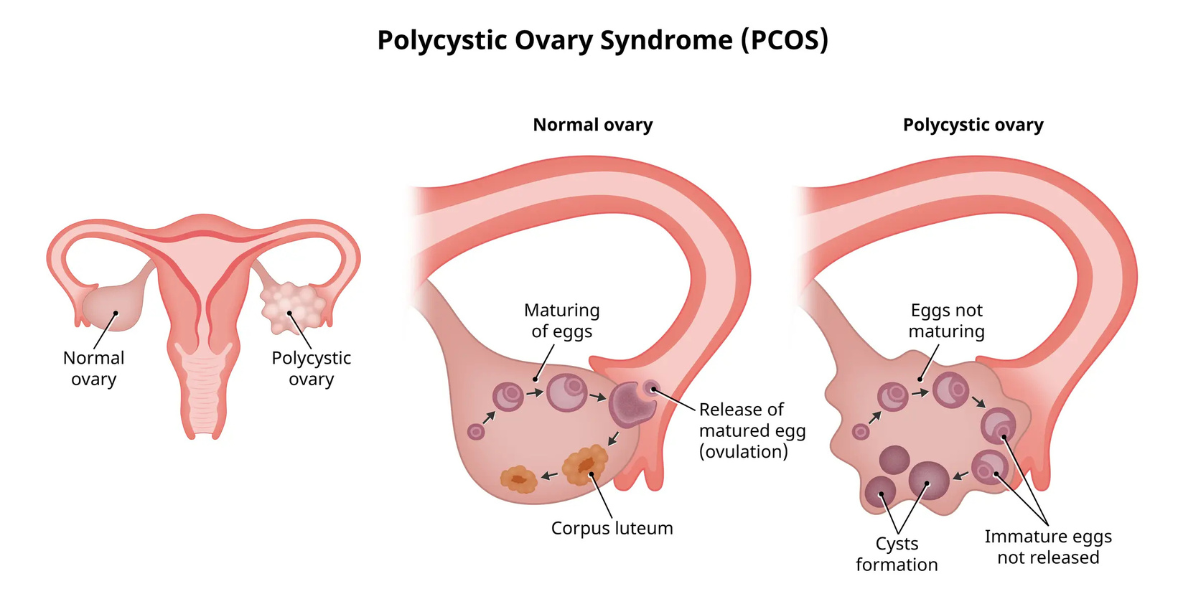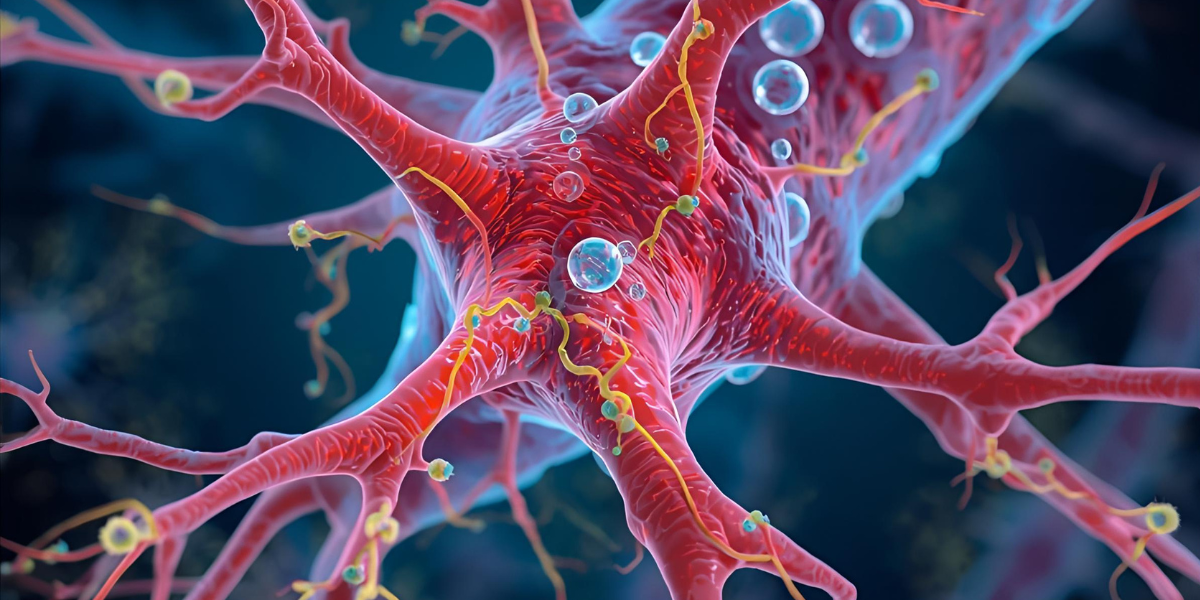
The role of estrogen in mental health
What is Estrogen?
Estrogen is a reproductive hormone which plays a very important role in the overall well-being of women. Its influence goes beyond fertility and menstrual cycles, as it affects neurotransmitters and brain function. With menopause, this hormone begins to decline, leading to various physical and mental shifts.
Impact on Mood
Estrogen is closely linked to the production and function of neurotransmitters like serotonin and dopamine, which are crucial for mood regulation.
Serotonin, often known as the “feel-good” neurotransmitter, is closely associated with feelings of happiness and well-being. Estrogen helps increase serotonin production as well as the number of serotonin receptors in the brain. When estrogen levels dip, serotonin availability can decrease, often times leading to mood swings, irritability and even feelings of sadness or depression.
Similarly, estrogen plays a role in modulating dopamine, which is linked to pleasure and motivation. Reduced dopamine activity during low-estrogen phases may lead to apathy, fatigue and difficulty finding joy in activities.
Impact on Anxiety
When estrogen levels are stable, they can help regulate the neurotransmitter network that promotes calmness and relaxation which reduces anxiety. During perimenopause or menopause, lower estrogen can make it harder to achieve this calming effect leading to heightened anxiety for some women.
Estrogen has been shown to have a protective effect against stress by controlling the body’s stress response. High levels of estrogen are thought to lower cortisol, the “stress hormone,” making it easier to handle stress.
Impact on Memory
Cognitive symptoms such as brain fog, forgetfulness and difficulty concentrating are often reported by women going through menopause. Estrogen is believed to support cognitive health by enhancing neural connections and maintaining brain structure, particularly in areas associated with memory and learning. As estrogen declines, the brain may temporarily struggle with this transition, leading to cognitive challenges. Although these effects can be unsettling, they are often temporary and may improve post-menopause.
Impact on Sleep
Sleep disturbances are common in perimenopause and menopause often leading to insomnia or disrupted sleep. Estrogen contributes to the regulation of melatonin, the sleep hormone and affects body temperature regulation, which is important for restful sleep. Poor sleep can lead to increased anxiety and irritability, creating a cycle where both sleep and mental health are impacted.
Conclusion
The decline of estrogen is a natural part of aging, yet its mental health effects can feel challenging. Embracing these changes with awareness and a focus on self-care can help women approach menopause as an opportunity for renewed focus on mental and emotional health, creating a balanced and fulfilling life well beyond this transition.






